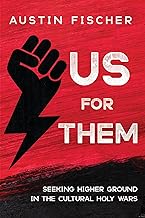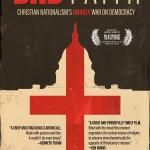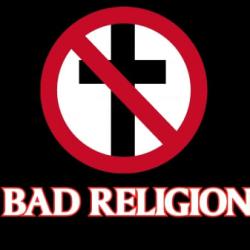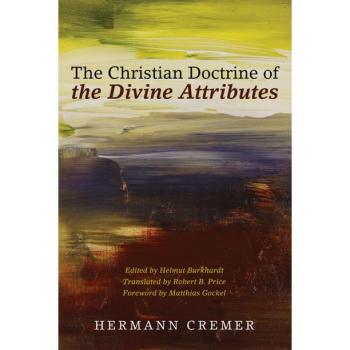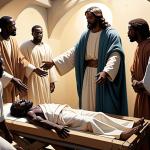Us for Them: Chapter 8: Wendell Berry Would Like a Word
The subtitle of this chapter is An Imaginary but Real Conversation Between an Old, White Farmer and a Young, Progressive Pastor on Trump, Whiteness, Friendship, Exaggeration, Anger, and the Unsettling of America.
If you are not reading this book with us, or missed this chapter, you are really missing out on something. Austin is a big fan of Wendell Barry. He ends this chapter with this paragraph: “Thinking, talking, and living ‘systematically’ and at such a global scale is a hallmark of progressive ideology, which sees such systematic thinking, talking, and living as the cure for injustice. It is a sincere belief, but Wendell Barry would like us to consider if this alleged cure is actually a cause. In sum, Barry believes the very attempt to think and talk so relentlessly systematically about injustice perpetuates injustice because it perpetuates the unsettling of America that is our deepest would.” (123)
In this chapter Austin takes on concepts like “whiteness” that border on (and sometimes cross into) hatred of people. His target throughout is the aggressive progressives who (according to him) place the blame for all the evils of American society on “whiteness.” He labels this an example of “language overpowering knowledge.” (112) “You might question the wisdom of naming the satanic desire to oppress others ‘whiteness’.” (107) But says more:
”You might question the charity of calling it racist and stupid but mainly racist when many people decline to cast their lot with a political party that’s infused with an allegedly anti-racist ideology that casually calls whiteness demonic and them stupid for not simply agreeing.” (107)
I know Austin Fischer. I respect Austin Fischer. I love Austin Fischer. And if you know him, too, you know he’s no racist. But he’s impatient with righteous indignation that falls too close to hatred. According to him, many contemporary progressives, even in the churches, have arrived at or stepped across that line.
What I fear for Austin is that he has here shut many doors in his face. Or caused them to be shut in his face simply by daring to question the rightness or wisdom of calling out “whiteness” as the sin of all sins plaguing America. This is an example of the policy and practice of exaggeration on both sides of the American political divide. He gives several specific examples of that.
Because of this chapter and its criticism of hatred in political discourse, Austin mind find himself canceled on some American campuses. Yes, it’s that simple.
This is a tough and challenging and controversial chapter that should be read and taken to heart by people, especially Christians, on both sides of our “unsettled America.”
What is Austin’s antidote to the poison he identifies? Friendship. Listening to sane voices from “the other side.” Not generalizing. Avoiding anger becoming hatred. Not using exaggeration in language about one’s political or religious enemies. Not having enemies. Focusing on your own village instead of pretending you and your cohort can fix the world with systematic thinking that includes demonizing whole groups of your fellow countrymen who you really don’t even know.
Read the chapter. Read the book.
*Note: If you choose to comment, make sure you read the chapter. If not, you may ask questions. Know that I cannot answer for Austin Fischer, but I can say what I THINK he might say. In any case, keep your comment (or questions) to no more than 100 words. Stay on topic. Address to me only. Make sure your language is civil and respectful and not hostile or argumentative. Do not include any pictures or links.*


